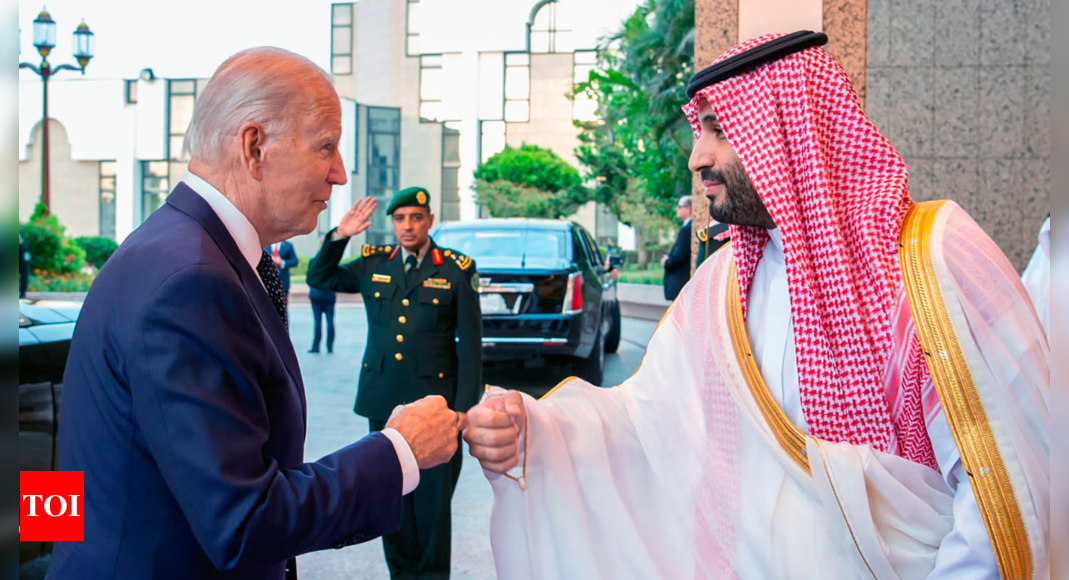

fetching latest news
News tagged in:

President Joe Biden told Arab leaders the United States would remain an active partner in the Middle East, but he failed to secure commitments to a regional security axis that would include Israel or an immediate oil output rise.“The United States is invested in building a positive future of the region, in partnership with all of you — and the United States is not going anywhere,” Mr Biden said on Saturday (Sunday AEST), according to a transcript of his speech.

President Joe Biden told Arab leaders the United States would remain an active partner in the Middle East, but he failed to secure commitments to a regional security axis that would include Israel or an immediate oil output rise.“The United States is invested in building a positive future of the region, in partnership with all of you — and the United States is not going anywhere,” Mr Biden said on Saturday (Sunday AEST), according to a transcript of his speech.
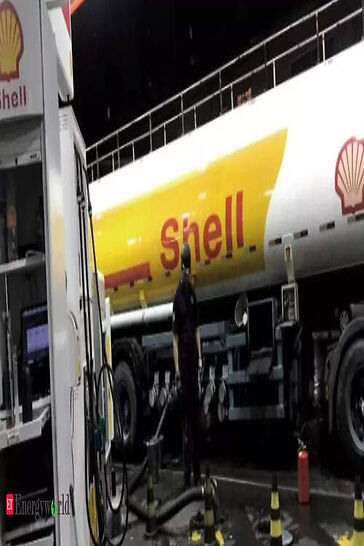
Shell has become the first supplier of sustainable aviation fuel (SAF) in Singapore, and plans to start blending the fuel at its plant in the aviation hub.

The most-active Brent contract, for April delivery, was trading at $89.69, up $1.17 or 1.3 per cent
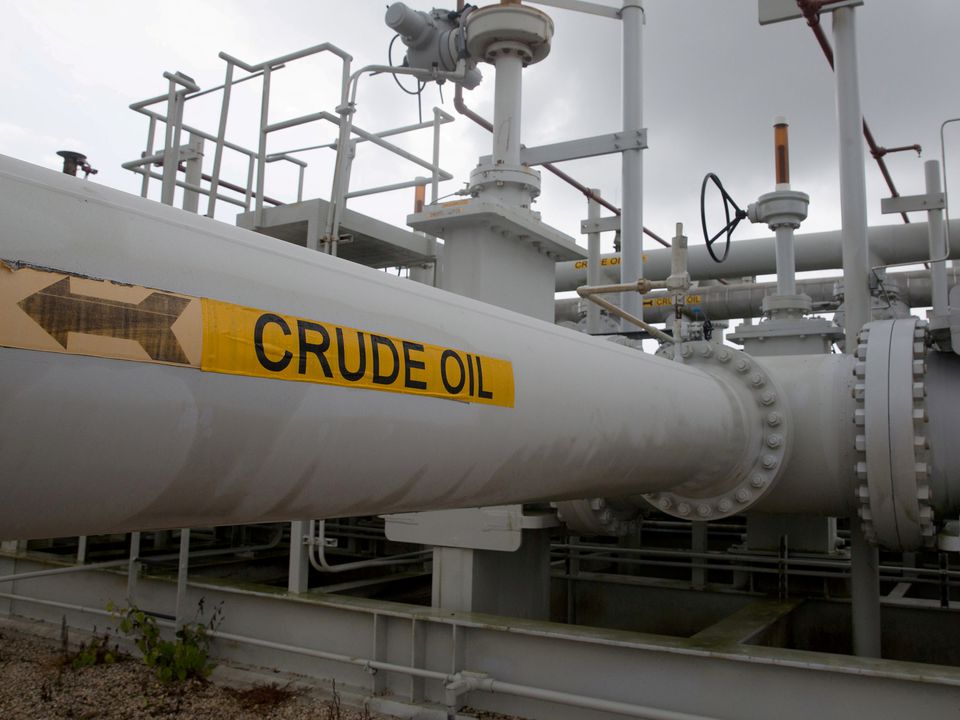
TOKYO, Jan 24 (Reuters) - Oil prices rose on Monday on worries about supply disruption amid rising tensions in Eastern Europe and the Middle East, which could make an already tight market even tighter, while OPEC and its allies continued to struggle to raise output.
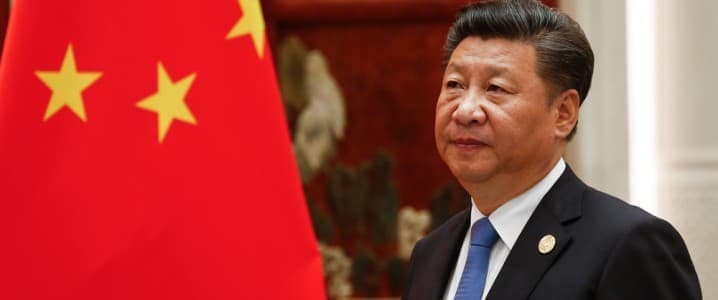
The recent talks between Oman’s Assistant to the Chief of Staff for Operations and Planning, Brigadier Abdulaziz Abdullah al-Manthri, and the Chief of Staff of Iranian Armed Forces, Major-General Mohammad Bagheri, may mark a new phase in the already deep and broad relationship between Oman and Iran, and in the Sultanate’s drift into the Iran-China axis. “The two countries [Iran and Oman] have conducted several joint naval drills in recent years, within the scope of securing the waterway from the Persian Gulf through to the Gulf of Oman from smuggling and other threats, including terrorism, but these [recent] talks were concerned with expanding that cooperation both in terms of the armed services involved beyond just the navy and the scope of their joint activities beyond anti-smuggling and dealing with terrorist threats,” an Iranian source who works closely the Petroleum Ministry told OilPrice.com last week. The basic catch-22 for Oman that has expedited its move towards the Iran-China power axis is that it lacks the scale of natural resources to generate the financing required to keep its economy ticking over without any further industry but the industry that it is looking to diversify its economy with – petrochemicals – requires a lot of upfront financing before it pays off.
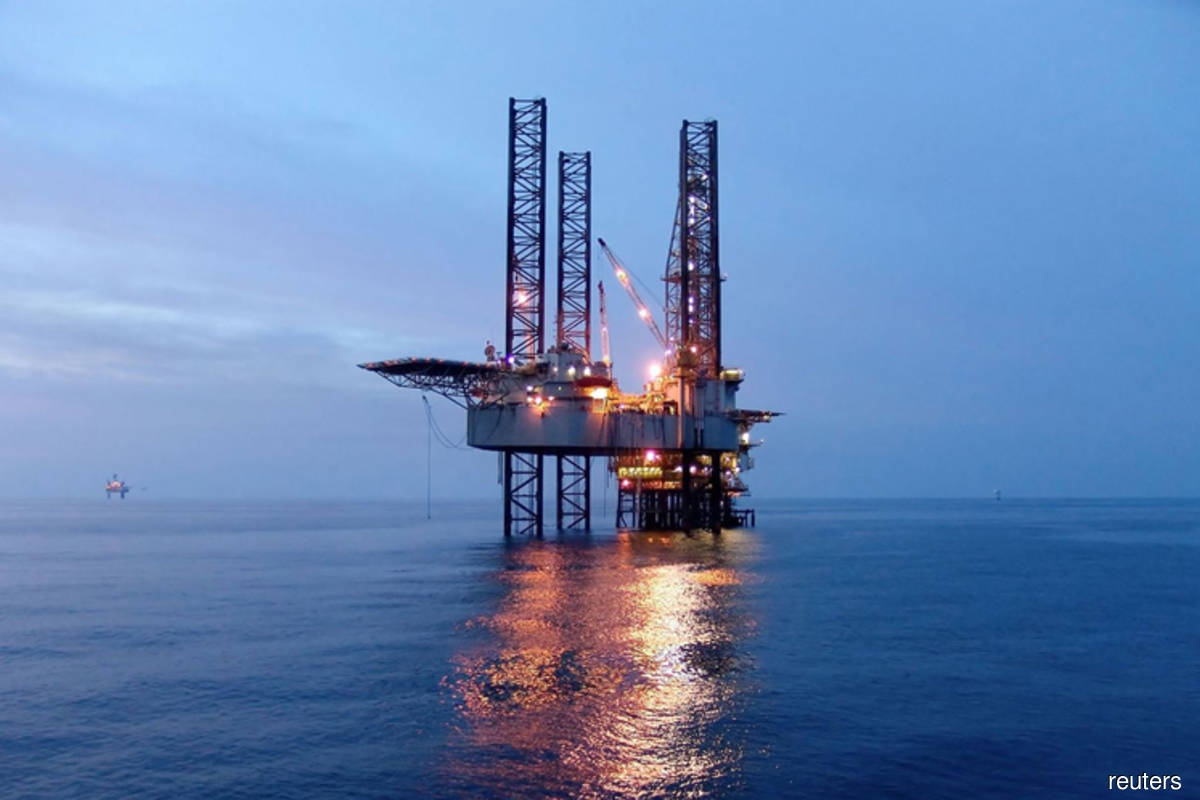
KUALA LUMPUR (Dec 17): More than 600 billion barrels equivalent of the world’s commercially recoverable oil and gas reserves are facing high or extreme risks from more frequent storms and floods, rising sea levels and temperature extremes. In its Climate Change Exposure Indices released on Thursday (Dec 16), risk consultancy Verisk Maplecroft said Saudi Arabia, Iraq and Nigeria are among the oil and gas producing countries where the risk of climate-related events disrupting the flow of oil to global markets is the highest.
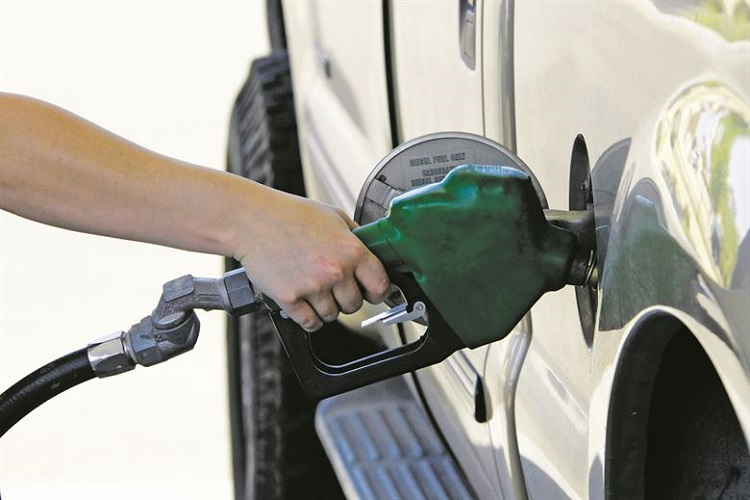
Oil prices slipped in the international market on Tuesday, as the tensions between the US and Iran deescalated after this month’s clash. Brent crude LCOc1 dipped down 0.1%, to $64.12 per barrel. U.S. West Texas Intermediate crude futures CLc1 were traded 0.1% lower, at $58.04 a barrel. However, the losses were capped by the expectations of a drawdown in U.S. crude stockpiles and, optimism about the potential US-China trade deal.
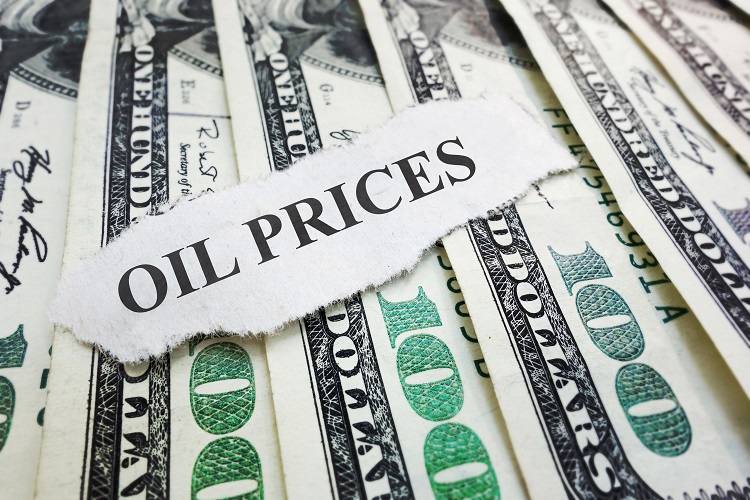
Oil prices fell in the international market on Friday, amidst the receding threat of war in the Middle East and slower economic growth gained attention. Brent crude LCOc1 slipped 0.3%, to $65.17 a barrel. US WTI were priced 0.3% lower, at $59.36 a barrel. Oil prices have reached as down as it was before the death of top Iranian general, Qasem Soleimani last week.

Oil prices rise higher in the International market on Friday, amidst Middle East tensions. Brent crude futures LCOc1 has jumped nearly $3 to hit a high of $69.16 a barrel which is the highest since Sept. 17. West Texas Intermediate (WTI) crude futures CLc1 climbed 2.9%, to $62.94 a barrel. China’s announcement to keep around $115 billion in funds to support the country's ailing economy also boosted oil prices.
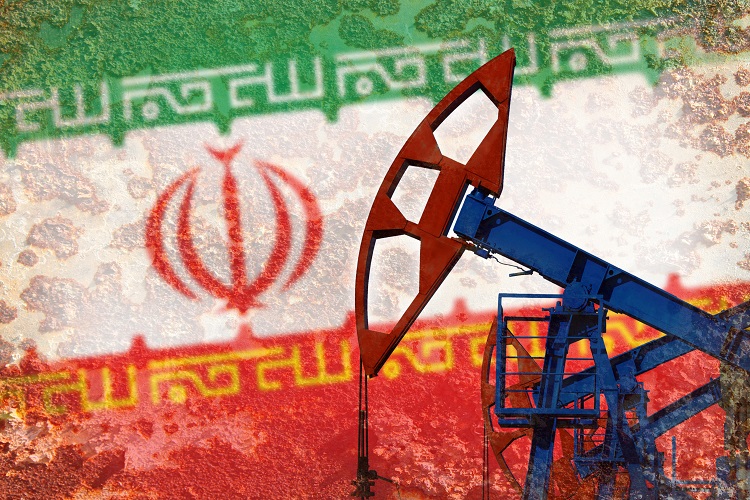
Saudi Arabia's crown prince has warned of an unimaginable spike in oil prices lest the world comes together to deter Iran, though he added that a political solution is preferred. Speaking in an interview, Crown Prince Mohammed bin Salman agreed with a statement made by the U.S. Secretary, Mike Pompeo who referred to Sept 14 attacks as an act of war by Iran.

Oil prices climbed in the international market on Monday, buoyed up by supply concerns from Saudi Arabia and heightened tensions in the Middle East. Benchmark Brent crude futures LCOc1 jumped 0.9%, to $64.84 a barrel. US WTI crude futures CLc1 were traded 0.9% higher, at $58.61 a barrel. Buyers and traders have remained doubtful, despite Saudi Arabia’s continued reassurance of oil supply to the global market.

Subsea inspection, maintenance and repair (IMR) firm N-Sea has won three contracts in the Middle East. The combined worth of these contracts is about £12 million. The company has also been chosen for a saturation diving campaign for spool, clamp and riser installations. Headquartered in the Netherlands, apart from offering services to oil and gas, the company also serves the renewable sector.
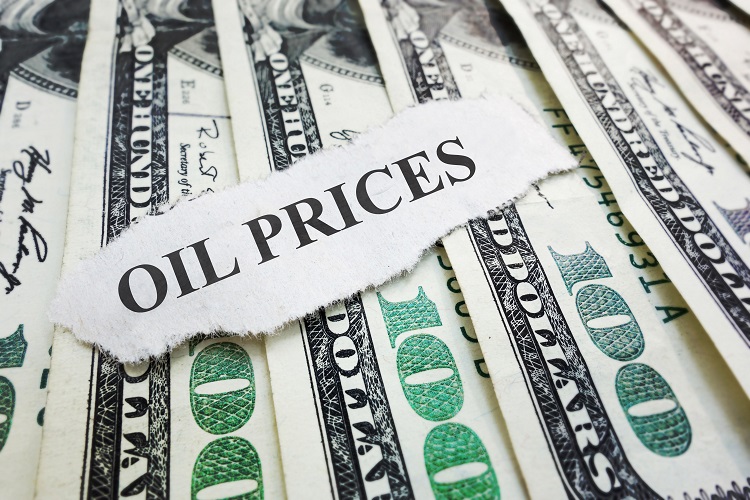
Oil prices slipped in the international market on Friday, stressed by a Reuters survey showing slow global economic growth, however, the losses were checked by tensions in the Middle East. Brent crude futures were priced 0.4% lower, at $63.15 a barrel. US WTI crude was down 0.1%, to $55.97 a barrel. A Reuters poll conducted over 500 economists showed deepening risks of a global economic growth slowdown.
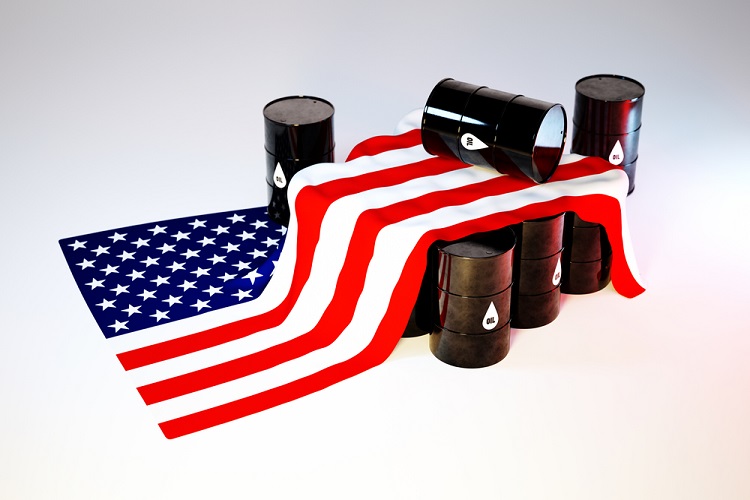
Oil prices advanced in the international market on Thursday, buoyed up by an unexpected drop in the U.S. crude stocks and prolonged tensions in the Middle East. Brent crude futures climbed 0.27%, to $63.35 a barrel. US WTI crude were traded 0.3% higher, at $56.06 a barrel. US crude stockpiles dipped by about 11 million barrels last week, beating analysts’ anticipations for a 4 million barrels drop.
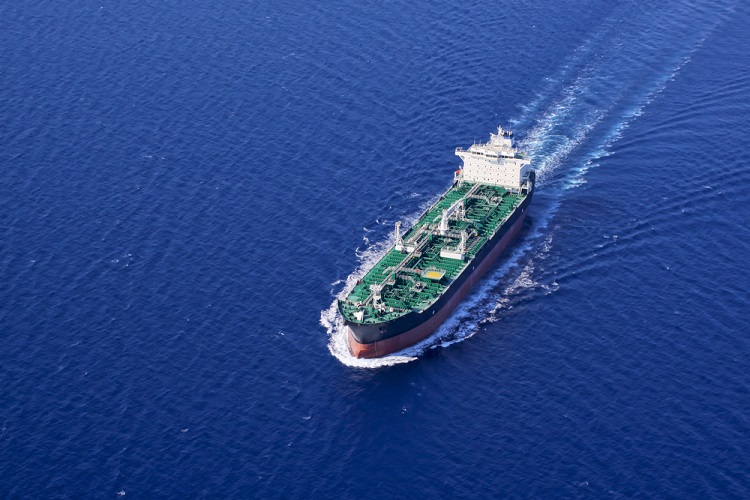
Tensions in the Middle East continued to push oil prices up in the international market on Tuesday. Benchmark Brent crude futures were traded at $63.30 a barrel. US WTI futures were traded at the same rate of $56.22. Amidst the speculations on the potential disruption in supply, IEA has vowed to take immediate action so as to keep global oil markets sufficiently supplied.
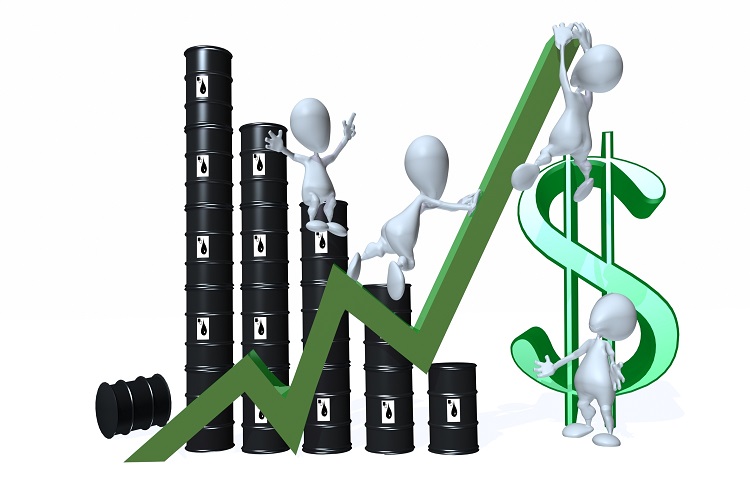
Oil prices rose in the international market on Monday, over speculations of supply disruption due to British tanker seizure in the Strait of Hormuz. Benchmark Brent crude futures jumped by 1.4% to $63.32 a barrel. US WTI futures were priced 0.8% higher at $56.10. Both the futures recovered from the sharp downfall last week. Oil prices were also supported by the force majeure on Libya’s largest oilfield, El-Sharara.
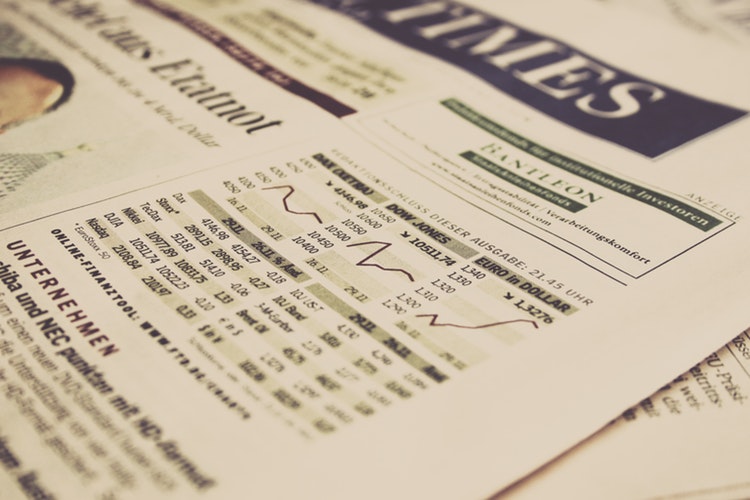
Oil prices slipped in the international market on Monday, stressed by slowest Chinese economic growth in the last 27 years. Brent crude futures were traded at $66.51 a barrel. US WTI crude futures were priced at $59.93 per barrel. With local and international demand wavering due to the Sino-US trade war, the economic growth in China decelerated to 6.2% in the second quarter from the previous year.